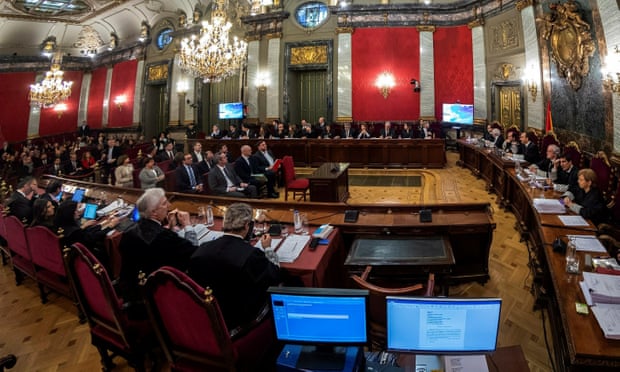
Supreme court trial is dubbed the most important since Spain’s return to democracy
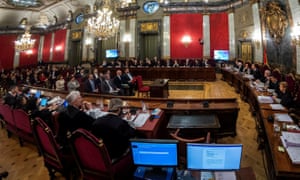
Twelve Catalan separatist leaders have appeared at the supreme court in Madrid to stand trial over their alleged roles in the regional independence crisis that pitched Spain into its worst political turmoil for four decades.
Dubbed the “most important trial since Spain’s return to democracy” following Franco’s death, the proceedings will investigate the parts senior politicians and civil society group leaders played in the run-up to the independence referendum in October 2017 and the subsequent unilateral declaration of independence.
Nine of the defendants – who include the former Catalan vice-president Oriol Junqueras, the former speaker of the Catalan parliament Carme Forcadell and two influential grassroots activists, Jordi Cuixart and Jordi Sànchez – are accused of rebellion, which carries a prison sentence of up to 25 years. Other charges include sedition and the misuse of public funds.
The accused sat in rows of three on four purple benches in the courtroom as the charges were read to them.
The trial, which began shortly after 10.20am on Tuesday and is being broadcast on television, is expected to last three months. It will be tried by seven supreme court judges.
Q&A
What can we expect from the Catalan independence leaders' trial?
Proceedings will focus on the then Catalan government’s decision to hold the referendum despite repeated warnings that it would violate the constitution, which stresses the “indissoluble unity of the Spanish nation”.
Junqueras’ lawyer, Andreu Van den Eynde, told the court that prosecutors were trying to criminalise displays of freedom of expression and argued that the defendants had “the right to defend” the idea of self-determination.
He added: “No international or EU law blocks the secession of a regional entity; self-determination is synonymous with peace and not war.”
Van den Eynde, who is also representing the former Catalan foreign minister, Raül Romeva, said his clients’ right to freedom of expression had been violated. “The political arena is a free space,” he said. “Freedom of expression extends even to those ideas that shock and offend.”
Although Catalan pro-independence parties have never managed to win 50% of the vote in the regional parliament, and although polls consistently show Catalonia is roughly evenly split over the independence issue, the government of the then Catalan president, Carles Puigdemont, chose to press ahead with the vote.
Pro-independence parties managed to get a law paving the way for the referendum passed in the regional parliament in early September 2017, despite furious objections from opposition MPs, who complained that usual procedures had been disregarded.
Three weeks later, on 1 October, the Catalan government held the referendum, which was marred by violence from Spanish police officers who raided polling stations, charged crowds with batons and fired rubber bullets as they tried to stop the vote.
According to the Catalan government, about 2.3 million of Catalonia’s 5.3 million registered voters – 43% – took part in the referendum, and about 90% of participants backed independence. The vote was largely boycotted by unionist Catalans.
On 27 October, shortly after secessionist Catalan MPs voted to declare independence, the Spanish government of the then prime minister, Mariano Rajoy, won senate backing to sack Puigdemont and his cabinet and assume direct control of Catalonia.
The case will once again focus international attention on the enduring tensions between the Madrid government and the pro-independence regional government of Catalonia.
The president of the supreme court, Carlos Lesmes, has described the proceedings as “the most important trial that we’ve held since democracy [returned]”. But the Catalan president, Quim Torra, argues that no crime has been committed by the defendants.
Torra arrived at the court in central Madrid just before 9.15am. He was heckled by two people who shouted: “Coup perpetrator!”. A heavy police presence of officers and vans ringed the supreme court as proceedings began.
The Guardian

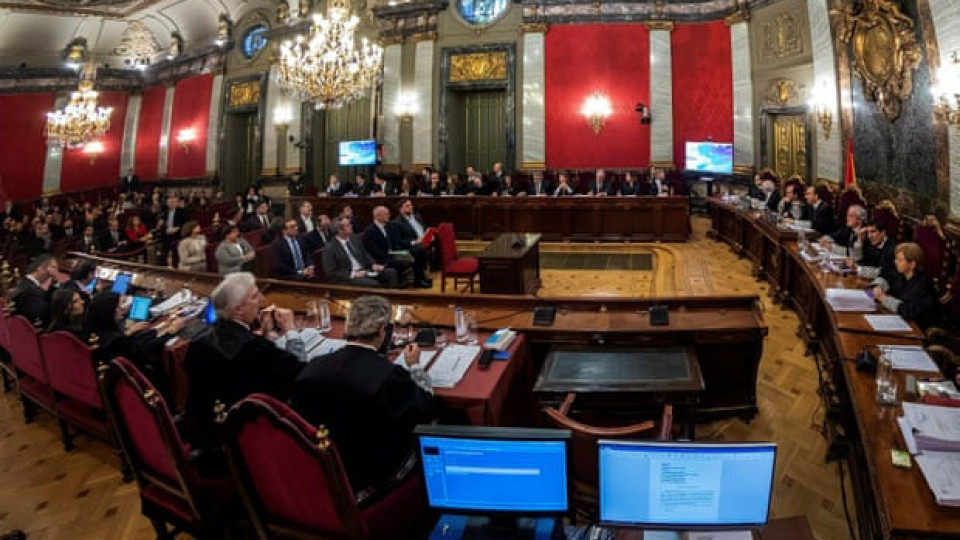
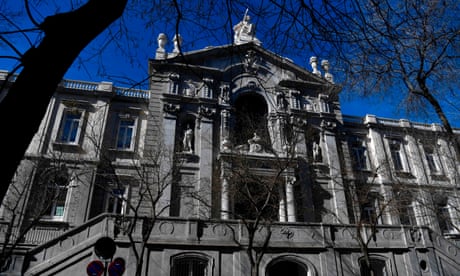
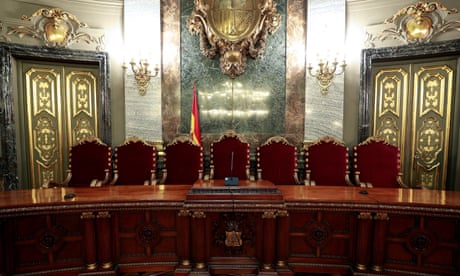
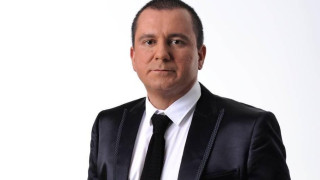
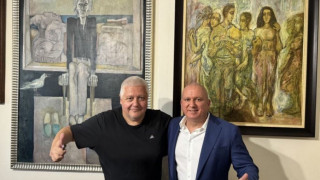
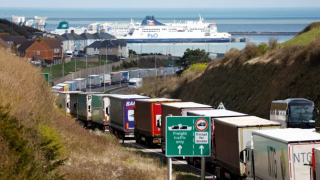

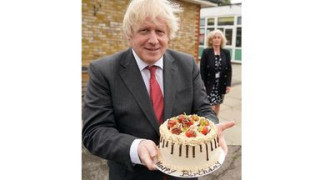




Leave a comment